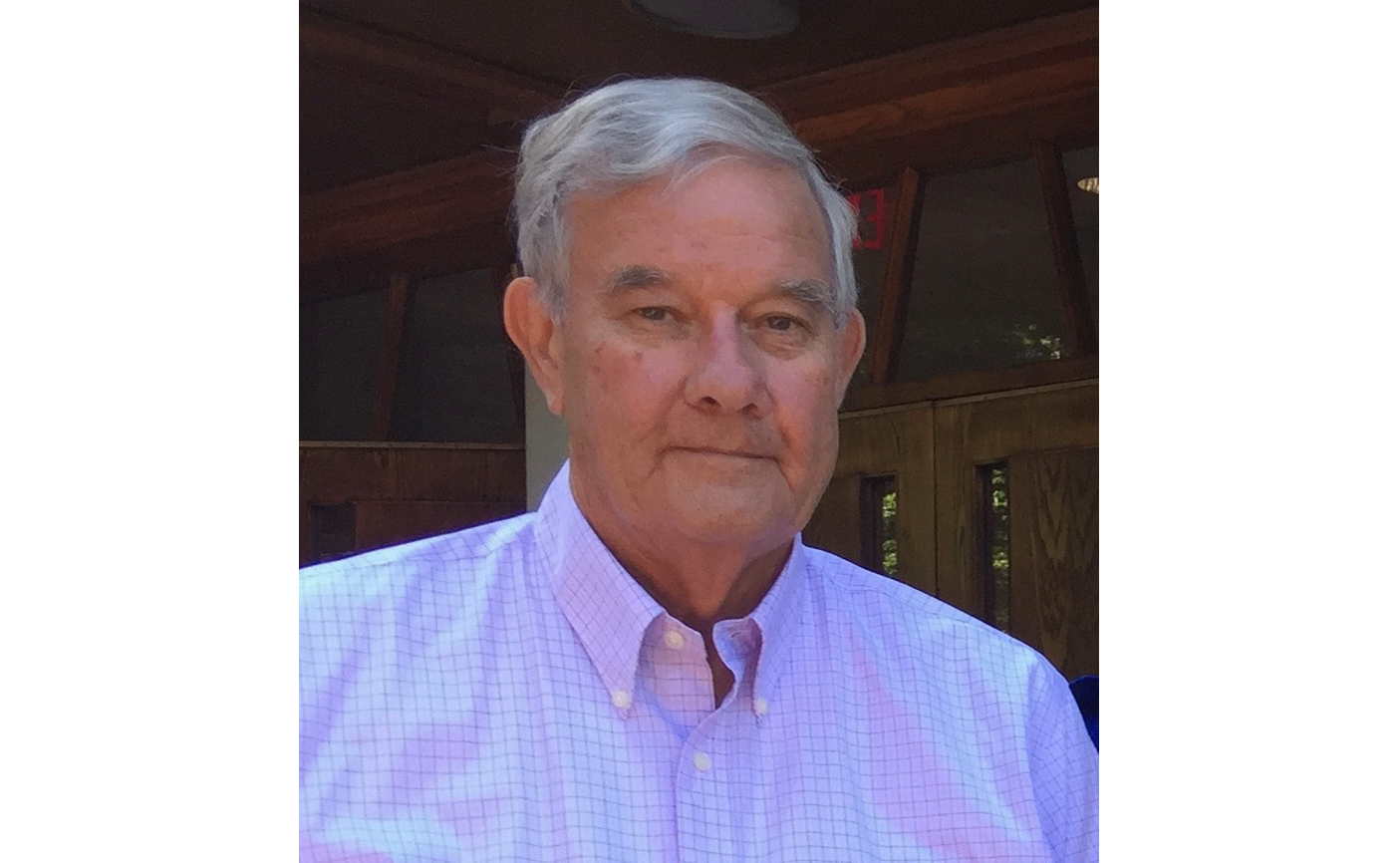Doug Bohi, who was a senior fellow at Resources for the Future for almost twenty years, passed away this summer. His research and policy engagement on oil security, energy supply and demand, and public utilities contributed greatly to the field of energy economics.
Douglas “Doug” R. Bohi, who was a senior fellow and research division director at Resources for the Future (RFF) from 1978 until 1997, died on July 26, 2025, at the age of 85. He was a great economist, fine mentor, and dear friend. Doug contributed greatly to our understanding of energy economics. While this blog post cannot fully convey the depth and extent of his work, I wanted to share some of the ways in which he shaped the field.
Doug’s extensive research can be divided into three topics. The first topic, on which he began work as an RFF visiting fellow, involves the nature of energy demand and supply. He coauthored with former RFF Senior Fellow Milton Russell the book Limiting Oil Imports (1978), the definitive economic history of US policy for restricting foreign oil purchases. After joining RFF full-time, Doug wrote two more RFF books on the topic, called Analyzing Demand Behavior: A Study of Energy Elasticities (1982) and Analyzing Nonrenewable Resource Supply (1983); I was his coauthor on the latter volume. The first book provided a comprehensive discussion of conceptual and methodological issues for estimating price and income elasticities across different categories of energy demand. The work is still cited on occasion in econometric papers on energy demand. The second book outlined the fundamentally dynamic nature of producer decisionmaking for nonrenewable energy and mineral supplies, and it discussed the need to better capture supply dynamics and uncertainty in empirical studies of petroleum extraction, reserve development, and exploration. Subsequently, Doug published a paper on productivity advances in the petroleum industry in an RFF collected volume.
He was a great economist, fine mentor, and dear friend.

Doug’s second topical research category concerns the somewhat amorphous problem of “oil security.” In the years following the global oil market shocks in 1973 and 1979–1980, policymakers in the industrialized world were greatly concerned that the Organization of Petroleum Exporting Countries (OPEC) could set high oil prices to gouge oil importers, OPEC could even cut off oil supplies to the United States, and unexpected upward jumps in oil prices could trigger a recession or even “stagflation.” Doug was among many experts who noted that OPEC did not have sufficient control over the whole oil supply chain to enforce an embargo.
Doug’s work on oil shocks and the macroeconomy anticipated research that came considerably later, once more data-intensive approaches were possible. His analysis of the 1979–1980 shock showed that petroleum inventory accumulation was, to a considerable extent, responsible for price jumps. By comparing central bank policies in the United States and several European countries, he showed that the US recession in the early 1980s was much more the result of contractionary Federal Reserve policy than oil price jumps. This conclusion contradicted the findings of numerous other authors who blamed oil price shocks for that recession. The research emphasized policies for oil conservation and supply diversification over import controls and deployment of the Strategic Petroleum Reserve.
The third topic of research concerns public utilities, especially the electricity sector. Doug studied how the emergence of a national market for sulfur dioxide permits interacted with traditional cost-based public utility regulation. Doug and Dallas Burtraw, another scholar at RFF, noted that the cost-effectiveness of sulfur dioxide emissions trading assumes a competitive market in emission permits with opportunity cost–minimizing behavior. However, they concluded that the latter condition did not hold under standard utility regulation, indicating the need for regulatory reform to take full advantage of emissions trading.
Doug also was interested in regulation and economic behavior in the utility sector. For example, he and Karen Palmer, another RFF researcher, studied the differences between unbundling vertically integrated utility services to establish a competitive wholesale power market and policy to establish competition in retail power markets where feasible. The former increases incentives to invest in transmission capacity, while the latter increases the types of services provided in the market.
Doug’s utilities research dovetailed with his service as the chief economist of the Federal Energy Regulatory Commission (FERC) in 1987–1988. At FERC, Doug focused on analytical and policy work to implement important regulatory reforms. One of these was FERC Order 436, which unbundled the supply of natural gas as a commodity from its transmission by pipeline, setting the stage for the emergence of a competitive gas supply market. Doug noted that straightening out natural gas pricing was important for the electricity sector as well as the gas market. His work also helped set the stage for FERC’s subsequent Order 636, which unbundled electricity supply and transmission services.
Doug’s contributions to RFF did not consist solely of research. He was readily available to provide input on others’ work and give advice on how the policy process in Washington operates. He was an especially effective mentor; he could see through what appeared to be a very complicated problem and then help draw out the key issues for study. Doug also was a great writer. His writing skills helped me on many occasions after I first arrived at RFF in 1978 to collaborate with him, bringing knowledge of economic theory but not a clue on how to write a professional paper.
He was an especially effective mentor; he could see through what appeared to be a very complicated problem and then help draw out the key issues for study.
While work was important to Doug, he especially treasured moments spent with his family—his beloved wife Marjorie; his daughter, son, and daughter-in-law; and his three precious granddaughters. He had a delightful sense of humor and a laugh that lit up a room.
Doug was my closest professional friend, and one of my very closest friends personally in the years during and after his time at RFF. Although I miss him deeply, I feel lucky to have benefited from the chance to be his friend and collaborator. May he rest in peace, and may his memory be a blessing.






